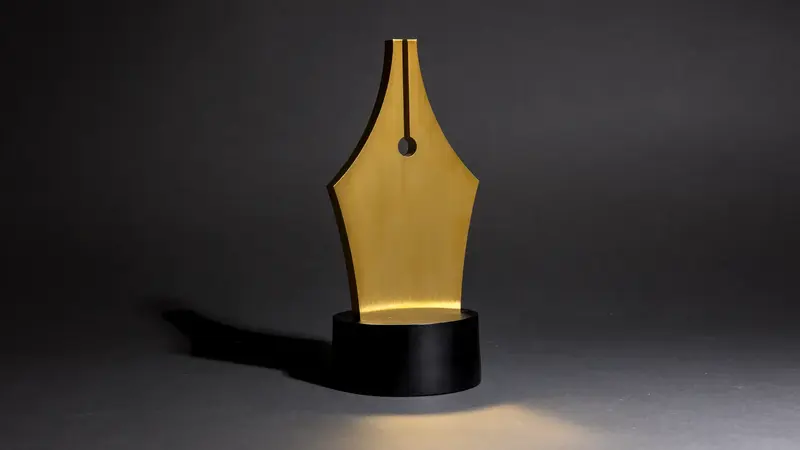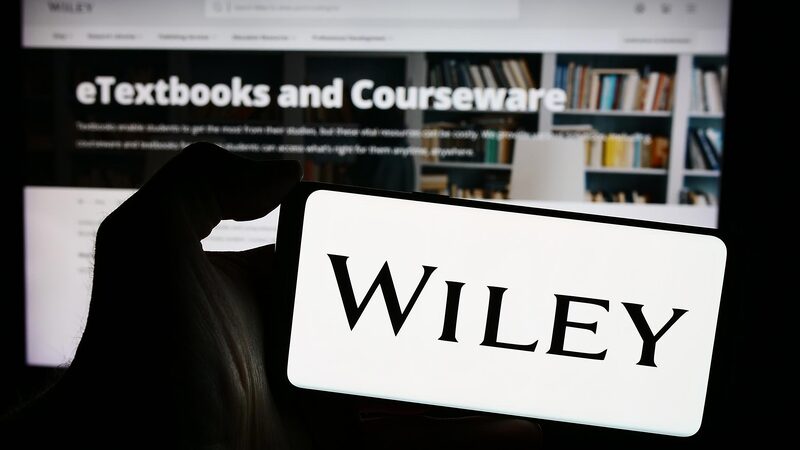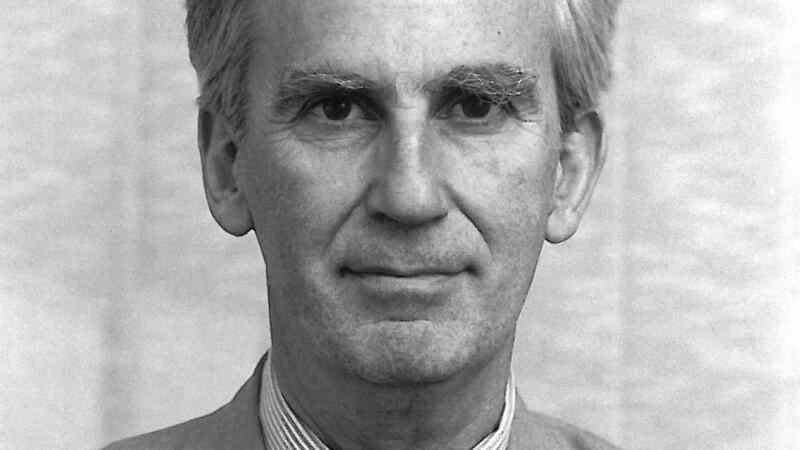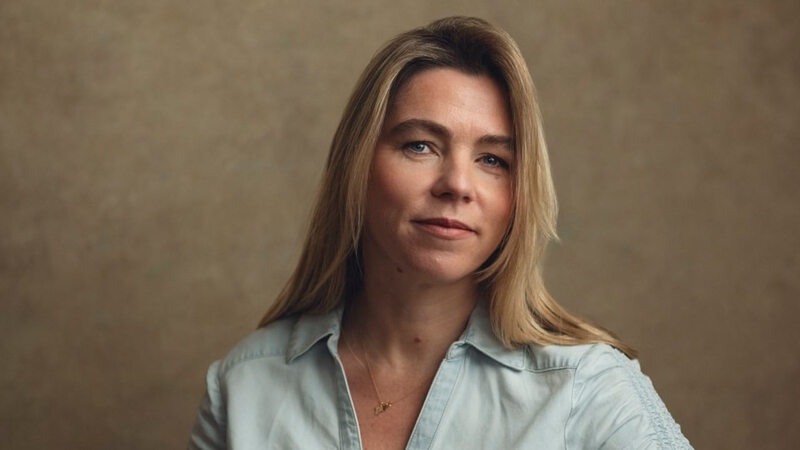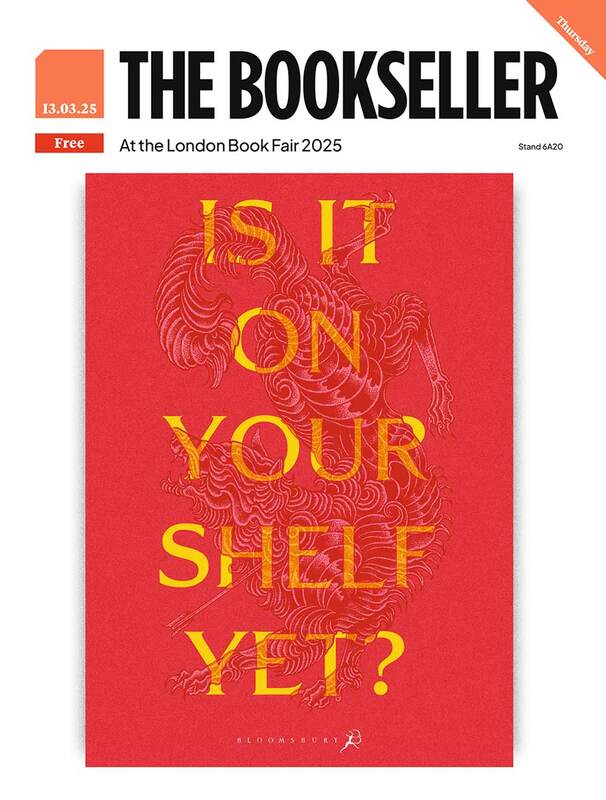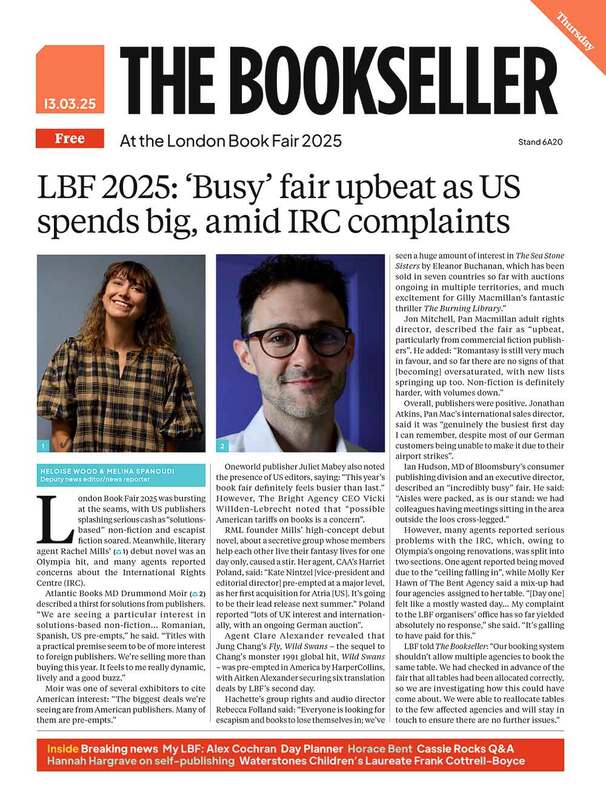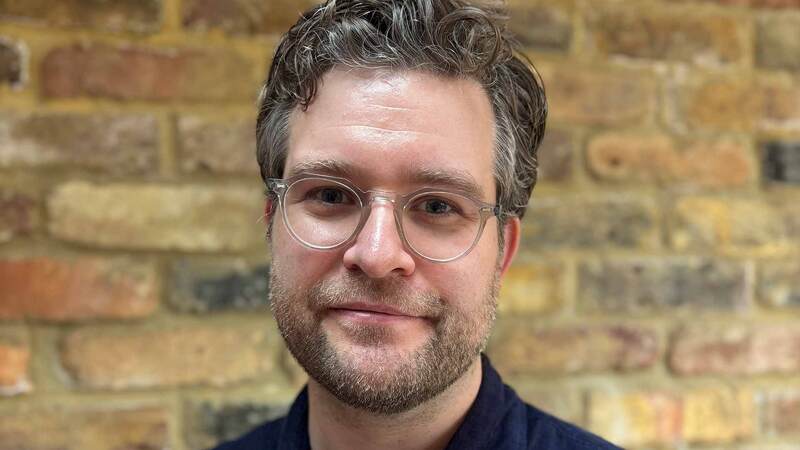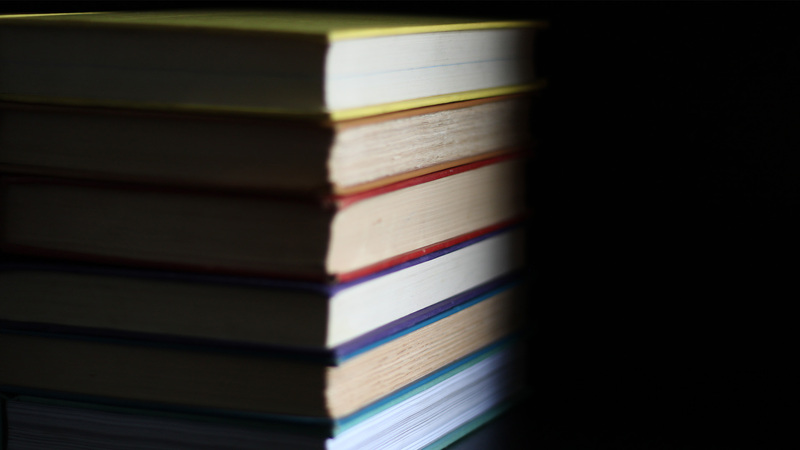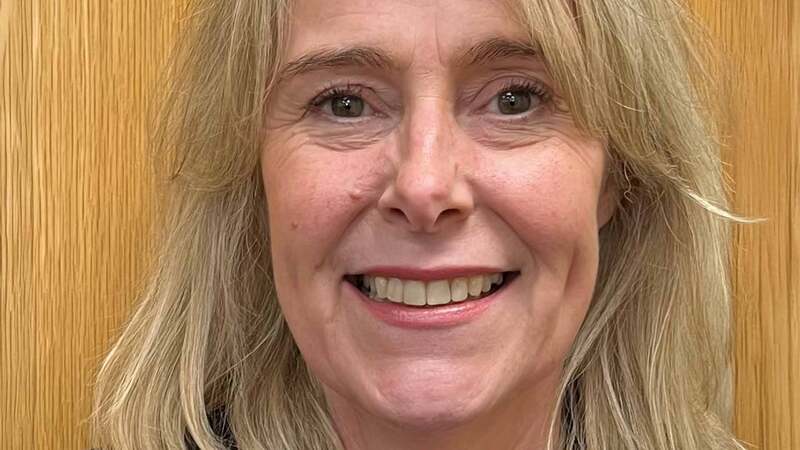You are viewing your 1 free article this month. Login to read more articles.
Publishers seek summary judgment against Internet Archive over copyright infringement claims
Publishers have sought a summary judgment against Internet Archive (IA) alleging a “large-scale infringement enterprise” of tens of thousands of books.
Brewster Kahle’s organisation has been criticised for its mass scanning and distribution of literary works under a process called Controlled Digital Lending (CDL).
Member companies of the Association of American Publishers (AAP) first filed a lawsuit against IA in June 2020 in the United States District Court for the Southern District of New York. Among the plaintiffs are Hachette Book Group, HarperCollins Publishers, Penguin Random House and Wiley.
The Publishers Association (PA) expressed its support for its American colleagues at the time, rejecting the IA’s claims it was a library. “Behind that guise it is facilitating the distribution of millions of pirated books without paying a penny to the authors and publishers who produce them," it said.
Updating its progress on 8th July, the AAP said: “Following two years of litigation, the motion for summary judgment establishes a clear record showing that both the law and the facts of the case are undisputedly in the publishers’ favour."
It added: “The filings show that IA’s illegal mass scanning, public display, and distribution of literary works are in direct contravention of the Copyright Act and in direct competition with lawfully licensed markets for both library and consumer e-books.
“IA offers its unauthorised copies to the public at large through a global-facing enterprise coined ‘Open Library’ and, previously, through a service dubbed the ‘National Emergency Library’. The defendant’s activities are part of a larger commercial enterprise that not only provides access to books but also adds to its bottom line.”
It claimed that between 2011 and 2020, IA made approximately $30m (£25m) from libraries for scanning books in their collections.
The suit names 127 literary works, including books by such authors as Toni Morrison, Malcolm Gladwell, and Ann Patchett. It states there are more than 33,000 titles on Internet Archive’s site belonging to the four plaintiff publishers and their authors, though millions more are distributed.
According to the AAP, at the time that the suit was filed, IA had reproduced and was offering for download around 1.3 million scans of print books. Since the suit, the IA has "dramatically accelerated the pace of its infringing activity" and makes more than three million in-copyright e-books available for public consumption, it is claimed.
Maria A Pallante, president and c.e.o. of the AAP, said: “Outrageously, IA has wrapped its large-scale infringement enterprise in a cloak of public service, but that posture is an affront to the most basic principles of copyright law.
“We hope and expect that the court will uphold established legal precedent, including by recognising that formats are neither fungible nor free for the taking, but rather a key means by which authors and publishers exercise their copyright interests, develop new markets, and contribute to public progress.”
IA’s founder had previously called the lawsuit “needless” and asked for publishers to drop it and work with the organisation instead, calling CDL "a longstanding and widespread library practice".
In its own motion for a summary judgement, the Internet Archive’s lawyers argued: "CDL is fundamentally the same as traditional library lending; it’s just a better way of getting the book to the one patron who borrowed it. Because every book in the Internet Archive’s print collection has already been bought and paid for, everyone agrees the Internet Archive could loan those books by handing or mailing them to a patron. The only difference is that the Internet Archive is loaning the books over the Internet. Either way, the books on loan are not available to other patrons until they are returned."
They added: "CDL does not harm publishers or authors. Libraries have been around for thousands of years; they are older than copyright law itself. The publishing industry in the United States continues to thrive alongside widespread library lending. Never in the history of the United States have libraries needed to obtain special permission or to pay license fees to lend the books they already own. Thus, what the publishers who have coordinated to bring this lawsuit hope to obtain from this court is not protection from harm to their existing rights. Instead, they seek a new right foreign to American copyright law: the right to control how libraries lend books."
Brewster Kahle, founder and digital librarian at the IA, said: “Should we stop libraries from owning and lending books? No. We need libraries to be independent and strong, now more than ever, in a time of misinformation and challenges to democracy. That’s why we are defending the rights of libraries to serve our patrons where they are, online.”






